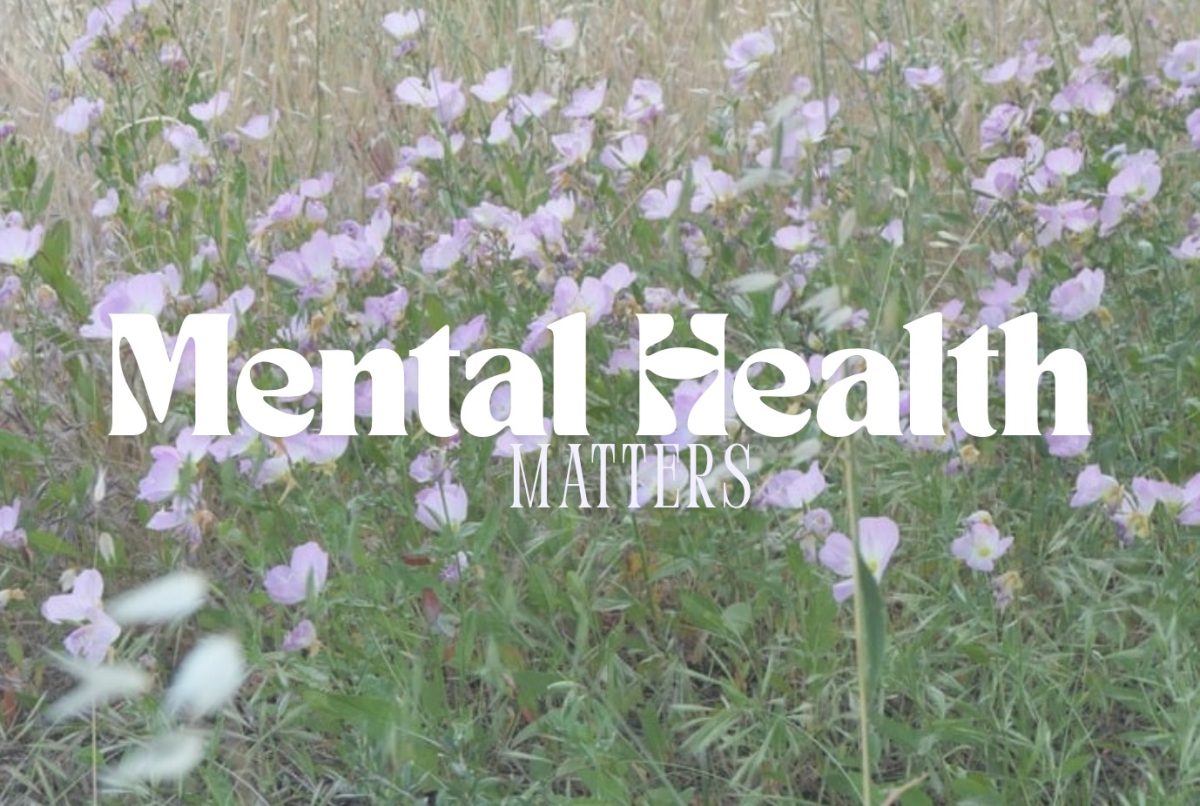Reboots and Revivals On the Rise
As the final credits glide across the screen of “A Charlie Brown Thanksgiving,” a wave of applause ripples through the softly illuminated confines of Room 401. At lunchtime within the vibrant room of the Paly Film Club, high school students unite, finding a collective place to indulge in viewing and engaging in animated discussions over cinematic media.
While “A Charlie Brown Thanksgiving” does not exactly fit the qualifications for reboots or revivals, it is a charming addition to the Charlie Brown franchise that satisfies fans’ longing for more storylines and familiar characters. Similarly, in society’s recent era of nostalgia and reinvention, a thrilling resurgence has swept through the world of television: the resurrection of beloved and iconic TV series and movies.
What are Reboots and Revivals?
Due to their similar sounding titles and correlations, it is clear that reboots and revivals cannot be easily differentiated by most people. Michael Szalay, the author of “Second Lives: Black-Market Melodramas and the Reinvention of Television,” clarifies the two by defining them.
“A reboot is working in the same intellectual property universe,” Szalay said. “Usually there’s a brand or set of attributes that are attached to this particular intellectual property system that you don’t necessarily need to remain faithful to the exact story or characters of the originals…. There’s a little more license to reimagine the original.”
Reboots such as the 2021 version of “Gossip Girl,” “Bel-Air,” “Charlie’s Angels” (2019 version) and “Romeo and Juliet” (1996 version) exemplify the trend in revisiting and reimagining established franchises.
“A revival’s characters are generally in the same world, and many years possibly have gone by,” Szalay said. “Certainly, there can be new actors and new characters, but it’s meant to be a kind of continuation of the world and the original. You’re continuing what you had before.”
Television series that serve as a continuation of the same story, such as “Fuller House,” “iCarly” (2021 version), “Girl Meets World” and “Cobra Kai,” are examples of revivals.
Creative Challenges and Limitations
During the process of producing a reboot or revival, the pressure to uphold the level of quality as the original media is daunting, according to the Paly Film Composition teacher Alanna Williamson. She states that nostalgia can pose a great opportunity to attract more viewers, but it can also serve to present a challenge as well.
“A big creative challenge for doing a reboot or revival is how can you come back to these characters that people really love?” Williamson said. “How can you honor what people love about them, and what the fans want, like fan service, while at the same time having something new to say about them?”
Despite the various creative elements to take into account, specific creativity limitations must be followed.
“In general, if you are making a reboot or revival, you’re answerable to whoever owns the intellectual property of that particular franchise,” Szalay said. “You have to remain faithful to the spirit of what’s gone on before… You’re working much more closely with past films and with the studio than you would be if you were doing your own [project].”
Unwelcome Plot Advances
The eager anticipation preceding the release of reboot or revival often plants a subconscious expectation in the minds of viewers. Junior Kali Hendershot, the co-president of the Paly Film Club, attributes these predetermined expectations for the revivals to previous fans questioning the new storylines.
“If you’ve created this one fan base over a very specific niche piece of art… If you try to go another lane and further the story or elaborate on a specific character, then the audience won’t respond as well,” Hendershot said.
Capitalism and Reducing Risks
Reboots and revivals captivate a broad audience, drawing in viewers who’ve experienced the original series. According to Williamson, fans are all eager for a continuation of the beloved story which works in the producers’ favor.
“[The film industry] is a business and you know that people are going to watch it, and that’s going to generate revenue and be successful,” Williamson said. “Capitalism is wholly involved in it.”
The attempt to make profits can often overshadow the effort placed into creating a fresh story for viewers.
“In the Hollywood ecosystem, they [reboots and revivals] are a way of managing risks for studios,” Szalay said. “A studio thinks, ‘Well, there’s already an audience for this story or this character,’ or we already know that filmmakers are going to want to return, for example, to Hogwarts into this larger universe even if Harry Potter is not in it.”
Szalay states that the consistently positive monetary performance of franchise films combined with the guarantee of the fanbase’s viewership can lead some studios to lower the quality of future films.
“Marvel was able for almost a decade to count on reaching the billion dollars for most of its additions, but their TV shows are terrible and their movies have not been that great,” Szalay said. “This has to do with this kind of arrogance that they figured if it was in the Marvel Universe, and there was a familiar set of characters, it was just going to be a sure thing… They stopped developing really good scripts. They just started pumping out these TV shows that nobody wanted to see, and it was a mess.”
Positive and Negative Feedback
Reboots and revivals often receive mixed opinions from the audience. Sophomore Cat Carbone, who is a co-president of the Paly Film Club alongside Hendershot, said that reboots and revivals can be lackluster due to feeling like poorer, recycled material.
“An example of a reboot that I didn’t particularly enjoy was ‘Gossip Girl,’” Carbone said. “It was very much something that reminded me of the original but with not as good quality writing… It also lost the interest of the aesthetic of ‘Gossip Girl,’ which was like ‘rich people in the suburbs’. Now it’s rich people in New York, but it’s just not very new.”
With many reboots and revivals mainly existing for revenue rather than world building, it is always pleasant to see films that present creativity that surpasses expectations.
“‘Spider-Man: Across the Spider-Verse’ is about as well done and successful and boldly creative of a reboot as you could imagine,” Szalay said. “It’s a familiar story, but it’s a completely new universe and a new twist on it. It’s even a new character, seeking a new medium, arguably because it’s animated, and it’s just kind of stunning.”
Many stories that utilize animation have been not only innovating within the medium, but also investing in a quality story. Hendershot states that another example of a reboot that is crafted with a genuine care for the fans is “Scott Pilgrim Takes Off.”
“‘Scott Pilgrim Takes Off’ is a great example of a series with people who genuinely care about their audience, because Scott Pilgrim has a cult-like following even though it’s a rather old series,” Hendershot said. “So, I think it’s sweet to see Netflix supporting that because it’s for a specific audience rather than a cash grab. It is a big name, but it’s a very select few that have been waiting for this for a long time, so it feels more rewarding.”
Series or Franchise Relevance
The world around us is constantly changing. Many topics that were deemed relevant or intriguing tend to lose traction as time flies by, no matter if nostalgia is present or not. Plotlines in our favorite shows and movies are no different.
“When you [producers] come back, you don’t have the original intent,” Williamson said. “So potentially things that felt funny or relevant the first time around don’t really relate to the characters anymore, so it could be really good and… really interesting to see those characters in a new setting and society and generation… or it could be kind of boring.”
Revising Old Mistakes
As time progresses, numerous societal issues previously overlooked are coming to light and the dated feeling of many jokes in beloved films and shows tend to clash with new, modern-day sensibilities. Hilary McDaniel, Paly’s Child Development teacher notes that “Love Actually” presents the same issue.
“I just finished rewatching ‘Love Actually,’” McDaniel said. “There’s so many references about size, and we romanticize really problematic men in there… but I didn’t find that super problematic at the time. Maybe I wasn’t allowed to feel that way because the Me Too [movement] hadn’t happened yet. I don’t want it [the movie] to die, but I don’t want it to have those problematic things.”
Reboots present an opportunity to revise mistakes from their predecessors.
“I think a good reboot is [for example] the new Percy Jackson series,” Carbone said. “They did it because the movies weren’t the best thing that happened to the franchise, [which] started from a really good book [series]. The casting is better, and they made it into episodes which allows for a better ability to tell the whole story and not just chop it into parts.”
Debate About Incorporating Social Issues Into the Story
Many television series and movies, particularly for reboots, integrate inclusive and societal topics within the plot, which does not hold a close relation to the original material. The decision to incorporate these issues has raised debates among netizens about whether or not they are necessary or helpful to the story.
“I love representation in films, but I do support when people criticize Disney for taking old material and then replacing someone new into it,” Hendershot said. “I don’t see anything wrong with having a black girl play Ariel… It’s just [that] I think that each race and each type of person deserves their own story rather than having a recycled story with someone else in it. They deserve their own screen time and their own perspective.”
People have argued that incorporating diverse characters into narratives is significant due to how it positively mirrors societal representation.
“A lot of the TV shows from prior generations are really primarily white, telling one story, and if they have people of color in them they’re side characters or they’re used in a stereotypical way,” Williamson said. “So a lot of reboots will take that into consideration and show characters and stories that are more reflective of our society rather than just the white experience.”
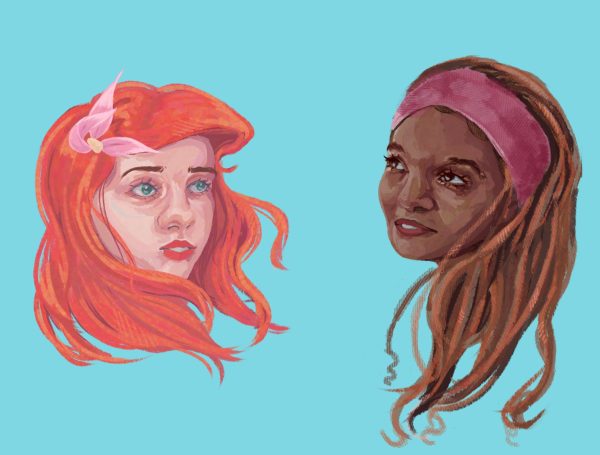
What Lies Ahead for the Film Industry
With the ongoing issues and negotiations within the film industry, a continued increase in reboots and revivals is predicted to happen.
“We are in a very ambiguous moment now with these writer and actor strikes just having been settled,” Szalay said. “The streaming business with the one exception of Netflix is going bankrupt. Cable continues to die a slow death. Everyone knows the business is going to massively consolidate. I think there’s going to be even less risk taking… less of what we call prestige TV. That means there’s going to be more reboots and more remakes, because in periods like this, studios get very, very cautious.”


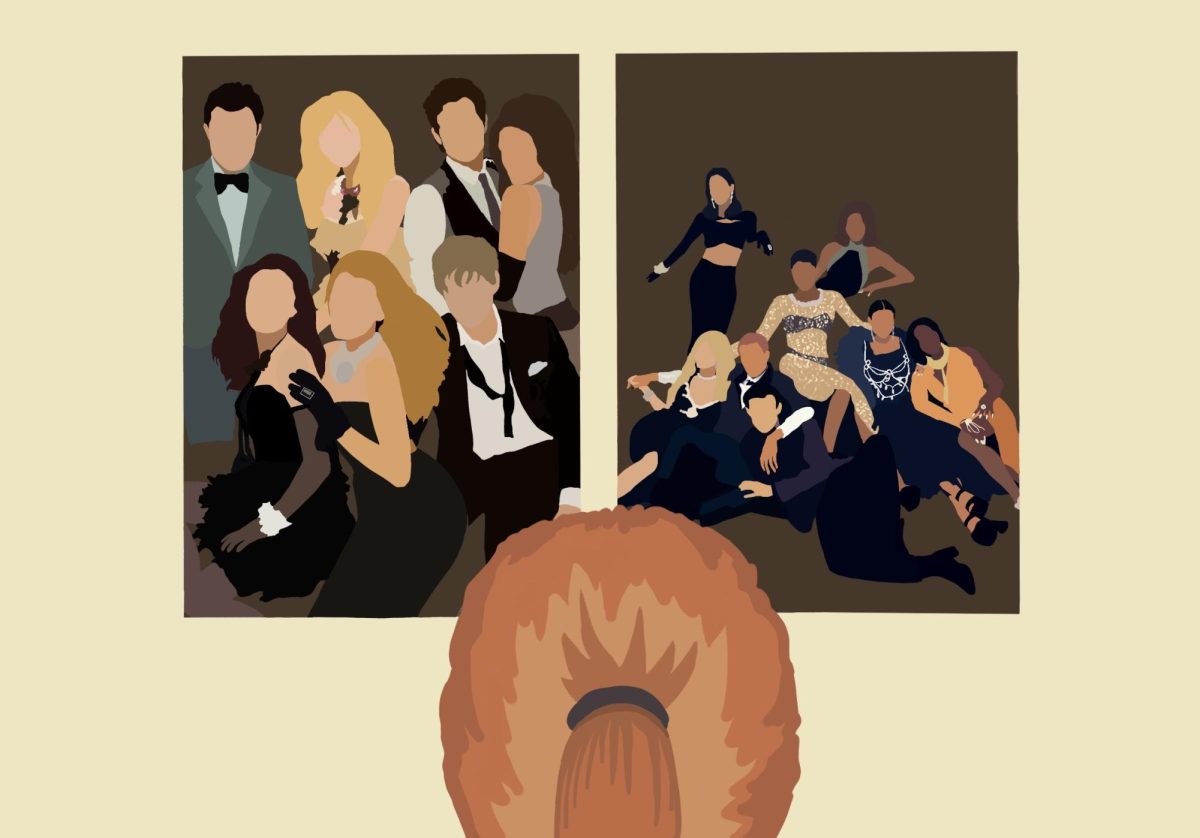
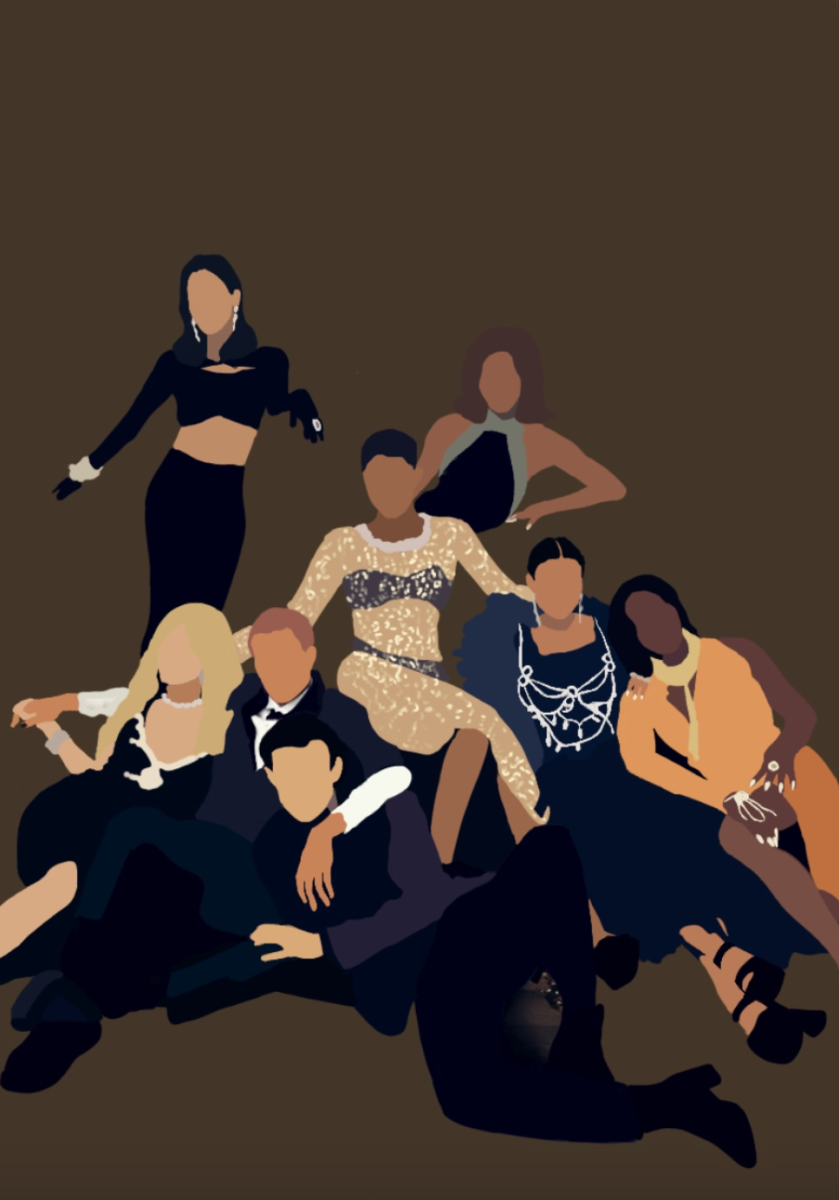

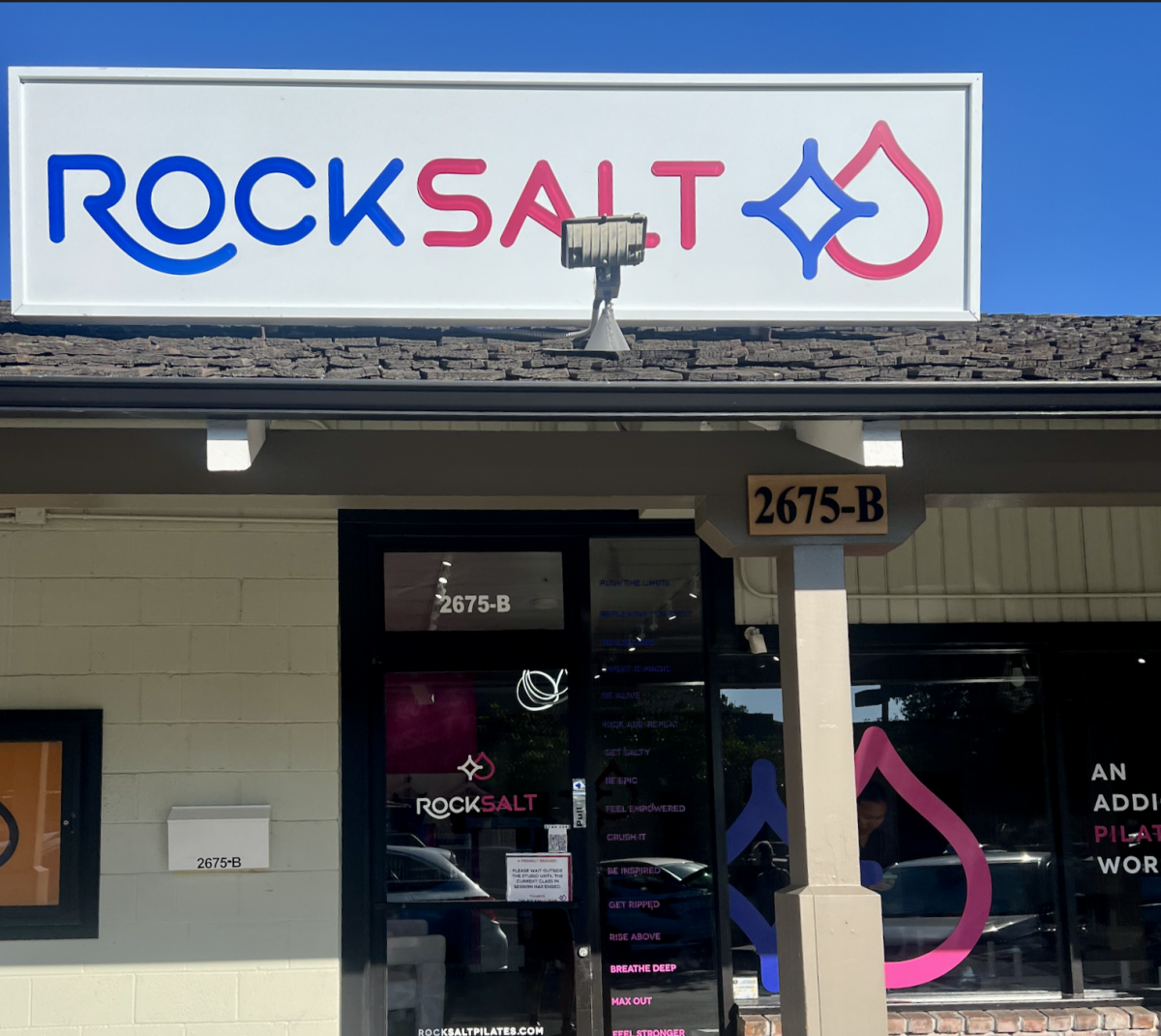
![UNSUNG HEROES — Fred Korematsu, Karen Korematsu and Aiko Herzig-Yoshinaga are awarded the Asian American Justice Medal to recognize their fight for justice following the incarceration of Japanese Americans during World War II. In addition, scientists Shuji Nakamura, David Ho, Tsoo Wang, Mani Menon and Chih-Tang “Tom” Sah receive the Asian American Pioneer Award. "[As a scientist,] it is crucially important to be able to communicate your work and your discoveries to [not only] other scientists, but also to the general public," Ho said. Photo by Talia Boneh](https://cmagazine.org/wp-content/uploads/2025/07/useee-1200x800.jpg)
